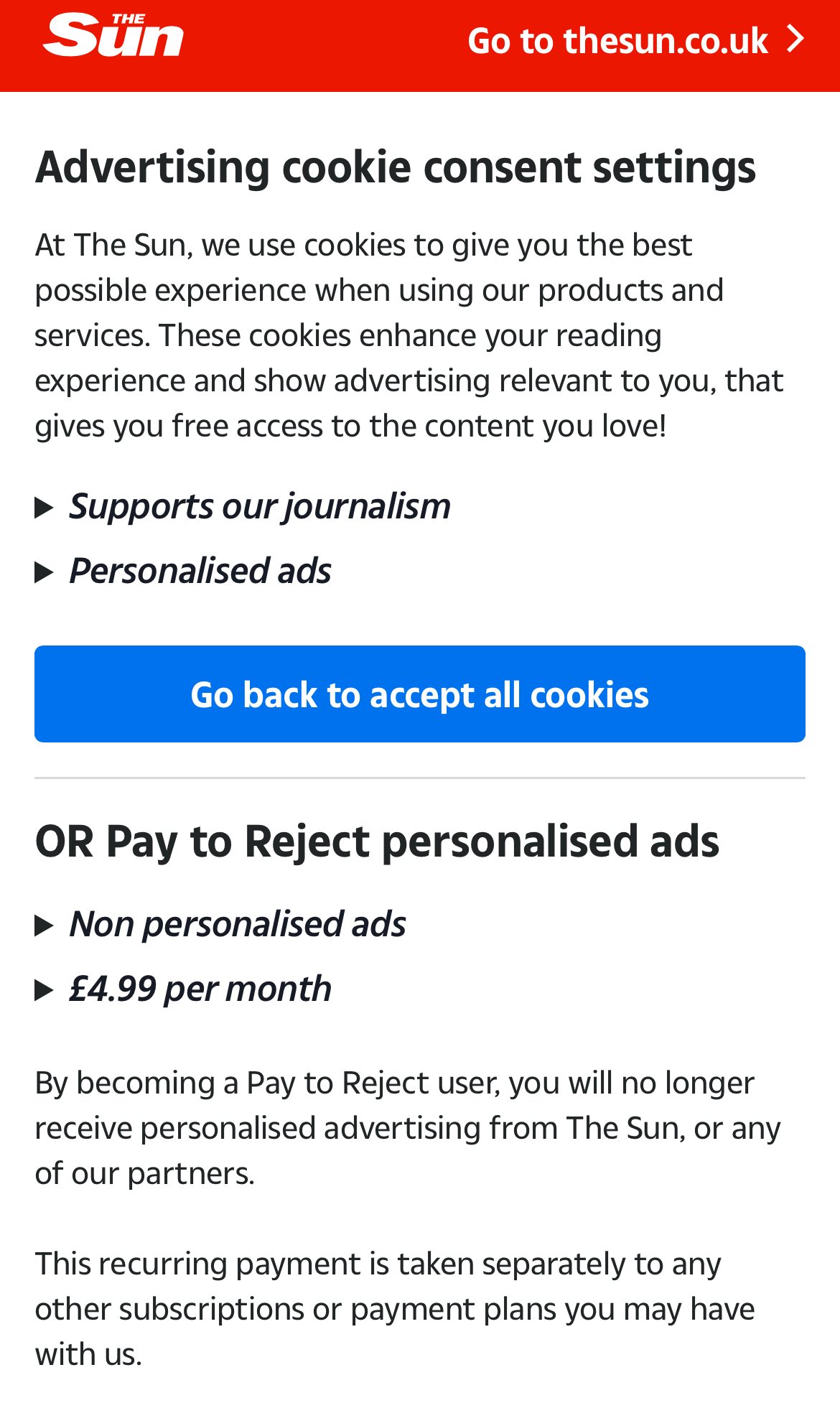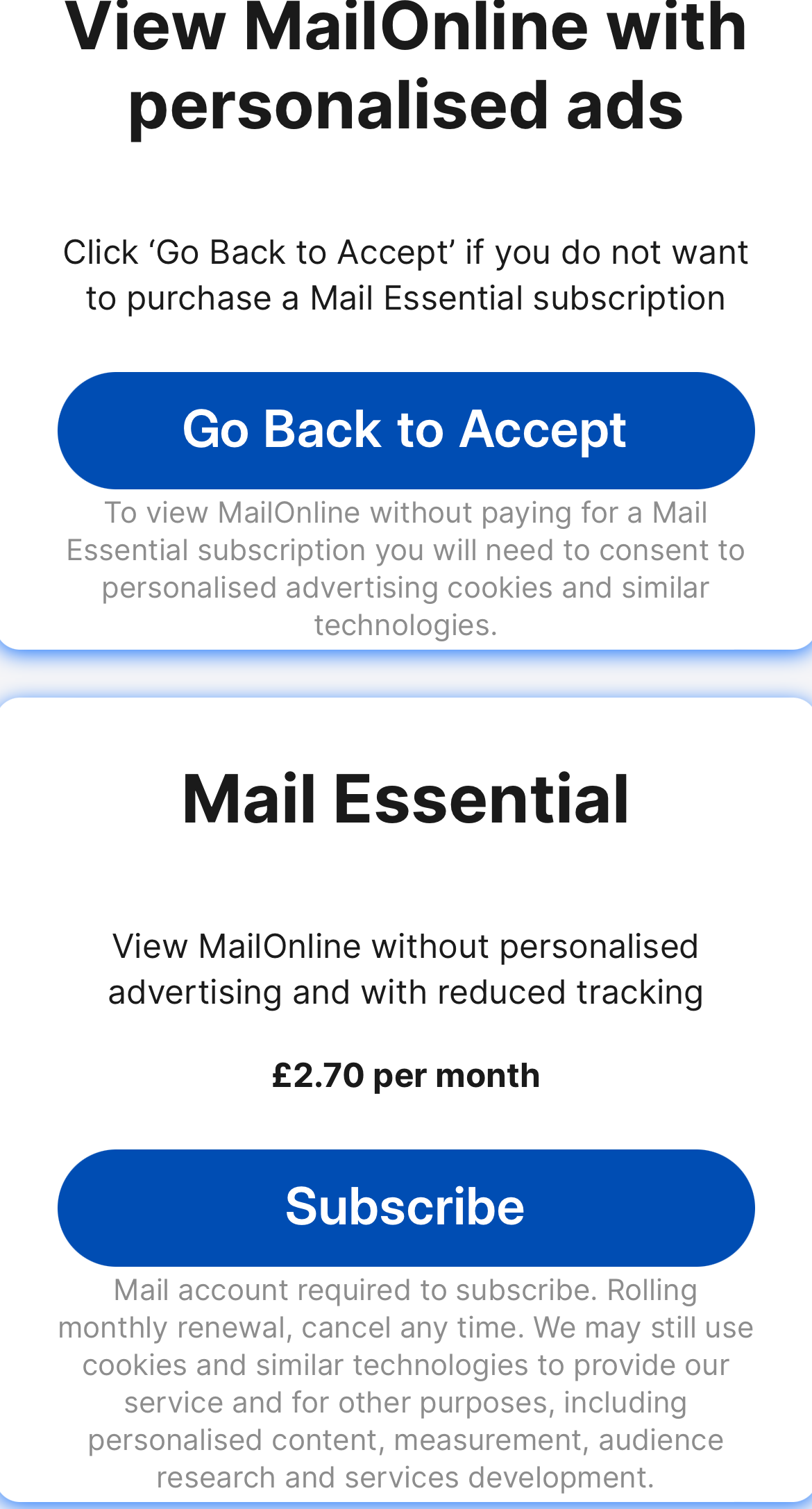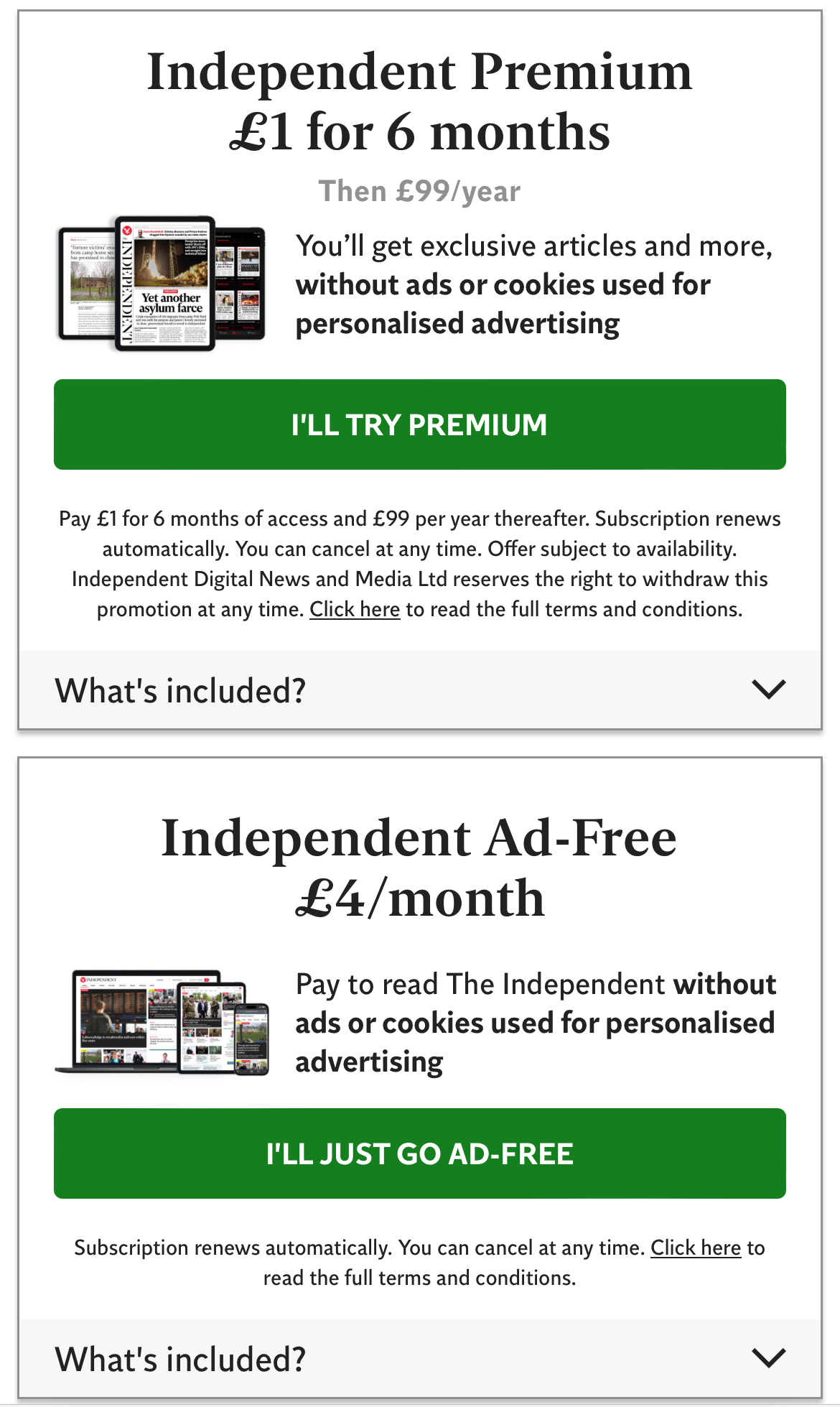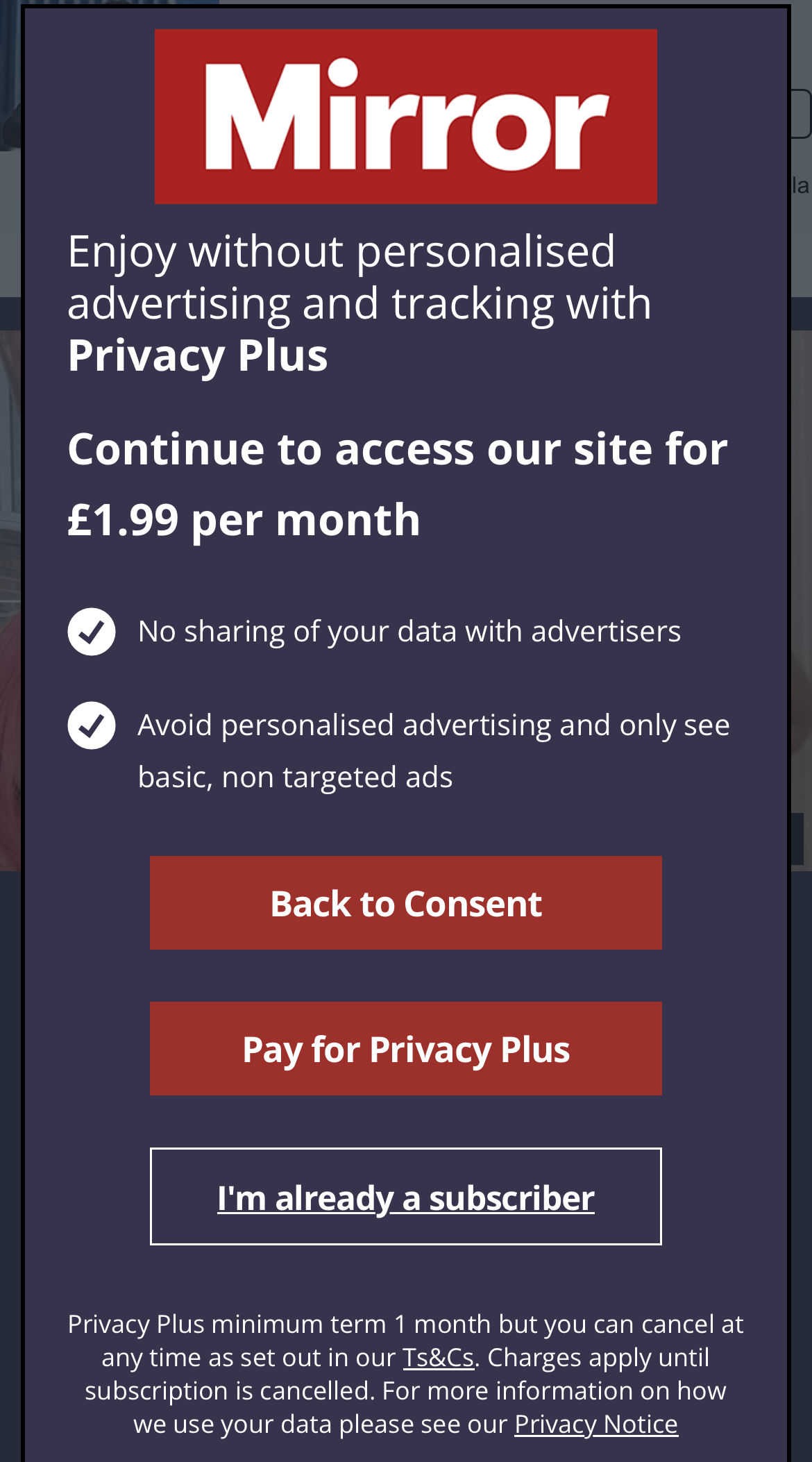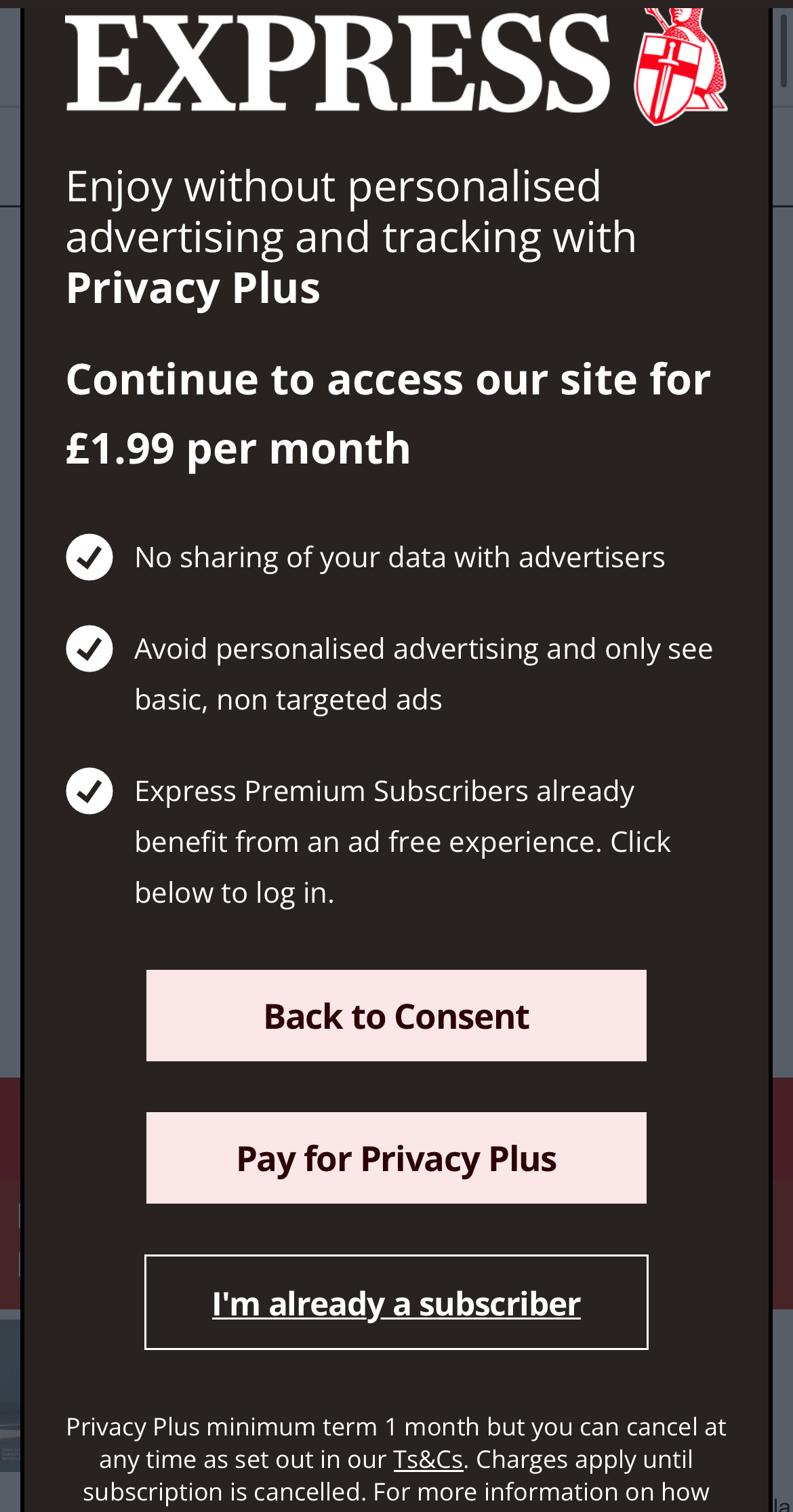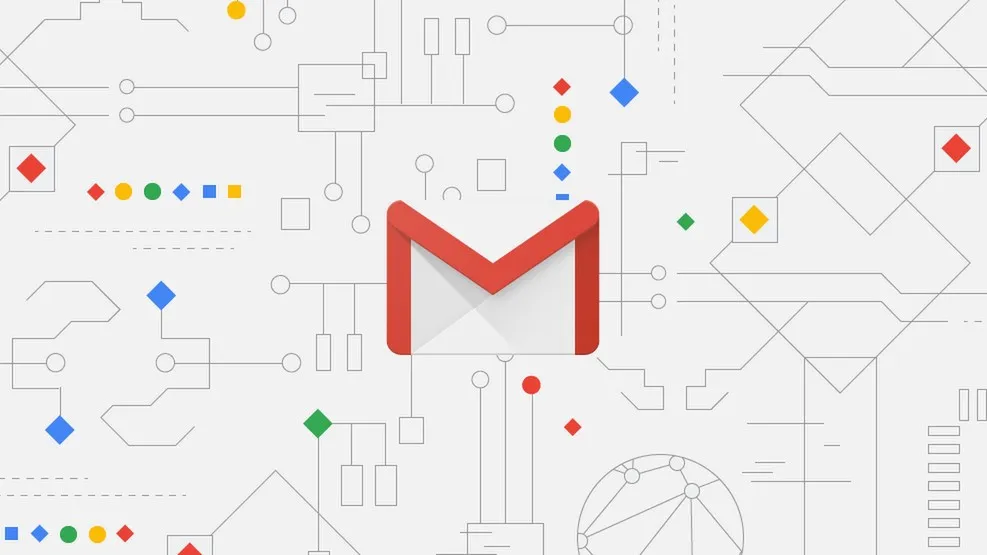Was A cold Parisian day in 1948 when privacy became a recognised human right. As our lives become increasingly digitalised, new laws have emerged across the world to put an end to the relentless abuse of our online data. Now, in the worst capitalist dystopian nightmare, the concept of privacy as a commodity has taken a sinister turn: alas, the privacy paywall.
The so-called “Pay or Consent” or “Pay or OK” model has taken its first steps in some EU news publications, with Meta being the most controversial case. Companies are pushing the boundaries of GDPR provisions on user consent. Needless to say, lawsuits have arisen against the attempt to establish what has been deemed as “privacy for the rich.” The social media giant has even suspended its new pay-for-free advertising scheme for the European market.
Just when we thought we had won the battle, the paywall to protect privacy has arrived in the UK. Accessing free news from some of Britain's most popular online newspapers now comes at a cost. It's up to you to decide whether you want to pay with money or your data to get what should already be yours: your right to privacy. Not exactly “freely given consent”, is it?
The GDPR issue
The European bloc’s GDPR marked a milestone in online data protection. It was the first law worldwide to set clear rules on how online services should treat the trail of information people share online. Many countries subsequently adopted their own version of it.
The basis of the law is to minimize data collection, and what regulators define as “user consent” is a central part of this goal. You’ve probably already learned to hate all the pop-ups that open up every time you visit a website. While it can be overwhelming at times, here’s how you can decide to reclaim your right to privacy.
The “pay or consent” model gives you a choice, at least on paper. It’s certainly not a free option. The big problem is that under the GDPR, users have to give their “free consent” for their data to be collected.
View in
Let's see what the GDPR guidelines say exactly. In section 3.1, the law clearly states that “if the data subject does not have a real choice, feels obliged to give consent or will suffer negative consequences for not giving consent, the consent is not valid.”
Similarly, section 3.1.2 states: “In order for consent to be freely given, access to services and functionalities should not be conditional on a user's consent to the storage of information, or the obtaining of access to information already stored, on a user's terminal equipment (so-called cookie walls).”
Well, I'm not a lawyer, but I and other experts in Europe (see the video above where Max Schrems, lawyer and founder of the Austrian digital rights group Noyb, discusses the issue) think that “Pay or Consent” may violate GDPR rules.
After the UK left the EU, the government implemented its own version of the GDPR. However, the “freely given consent” clause would remain. In March 2023, regulators passed another law to combat so-called pop-up fatigue. The Digital Data Protection and Information Act (DPDI) has expanded the range of exemptions to the consent requirement for cookies and other web trackers, a move that was not exactly welcomed by privacy advocates.
A slippery slope
I've started looking into the spread of the privacy paywall plague in the UK and I have to say it's not encouraging. At the time of writing, some of the most widely read publications are just testing the waters.
These include The Sun and Daily Mail Online, which have 24.7 and 23.2 million monthly visitors respectively. The Independent, Mirror and Daily Express are other outlets trying to cash in on their readers' data. However, the price of privacy varies from £1.99 per month to a maximum of £4.99 (The Sun).
The Daily Mail and co are probably hoping to make as much money as they can until regulators realise what is going on and understand whether or not they can regulate. More online services are likely to come online if no one hits the stop button, and even the best VPN apps won't be able to help us.
The cases coming from continental Europe are not encouraging either. In an unexpected turn of events, Meta is asking the European Data Protection Committee for compensation for mentioning the company in a footnote regarding its opinion against Pay or OK.
Worse still, the Hamburg Data Protection Authority, whose job is to ensure that consumers' privacy rights are respected, has been sued for allegedly actively encouraging Der Spiegel and another media company to switch to a “pay or consent” model.
I understand that news organizations are looking for ways to earn additional revenue now that most readers no longer pay to consume their work. However, I still believe that charging specifically to avoid online tracking is a blatant erosion of privacy, especially since the premium subscriptions offered by some of these outlets are paid for separately.
Think for a moment about how much money you would have to spend just to browse the Internet if all online services adopted a “pay or consent” policy. The sad truth is that the vast majority of people will only have the option of agreeing to be tracked.
But privacy is not a commodity, it is a fundamental human right, period.


